Malda: On a humid Wednesday afternoon, Parlalpur High School is abuzz with the cacophony of children—laughter, shouting, the slapping of bare feet against the dusty ground.
But the noise does not come from the school’s regular pupils.
Nestled near the banks of the Ganga in West Bengal’s Malda district, the government school has temporarily suspended operations. Its classrooms sit silent, blackboards untouched, lesson plans abandoned mid-week.
The children are the sons and daughters of families displaced by the outbreak of communal violence across the river in Betbona village of Murshidabad district. The violence, ignited in the wake of a new Waqf law, has left a trail of destruction.
Clutching the fingers of their parents, they crossed the river in boats and found shelter in this school, which has been turned into a makeshift relief camp in the absence of formal arrangements.
Its corridors are now lined with sacks of rice and vegetables, utensils, sleeping mats, and uncertainty.
“Our house has been reduced to rubble by miscreants. We have been robbed of money, jewellery, cattle, motorbikes. Nothing remains. So where do we head from here?” said Jhuma Mondol, who fled to safety from Betbona with the assistance of BSF personnel.
Oblivious to the crisis that has upended their lives, the children, true to their nature, are busy raising a storm of their own in the makeshift relief camp—siblings chase one another between makeshift bedding and sacks of provisions; neighborhood friends, reunited on unfamiliar ground, whisper and scheme their next act of mischief.
And then there is 10-day-old Hariom Mondol, wrapped in a cotton cloth, sleeping soundly in the lap of his 24-year-old mother, Saptami Mondol.
An elderly woman leans in with concern. “Jor ta komeche ki? Oke bhalo kore dheke rakh (Has the fever gone down? Keep him well covered),” she murmurs.




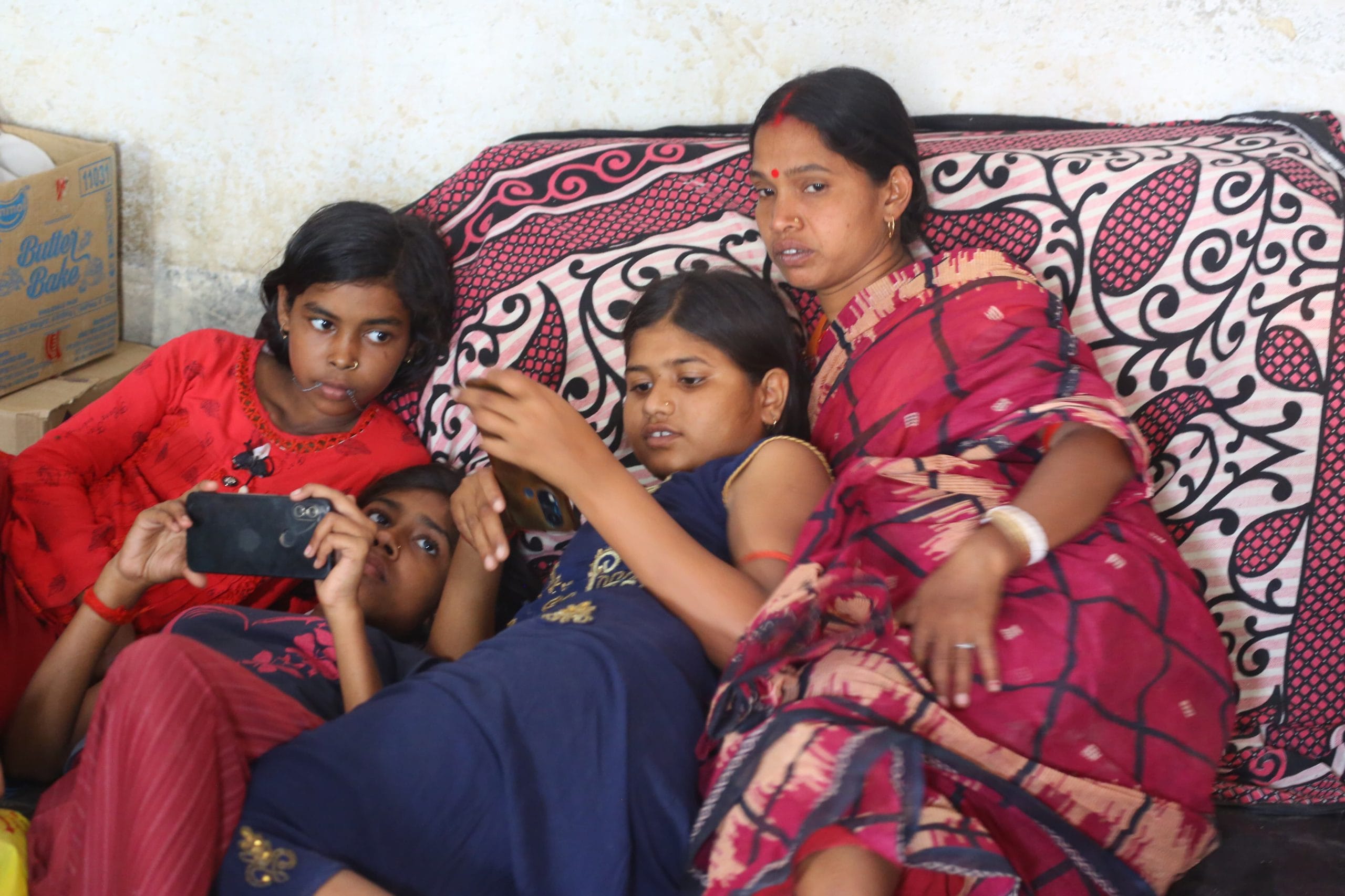
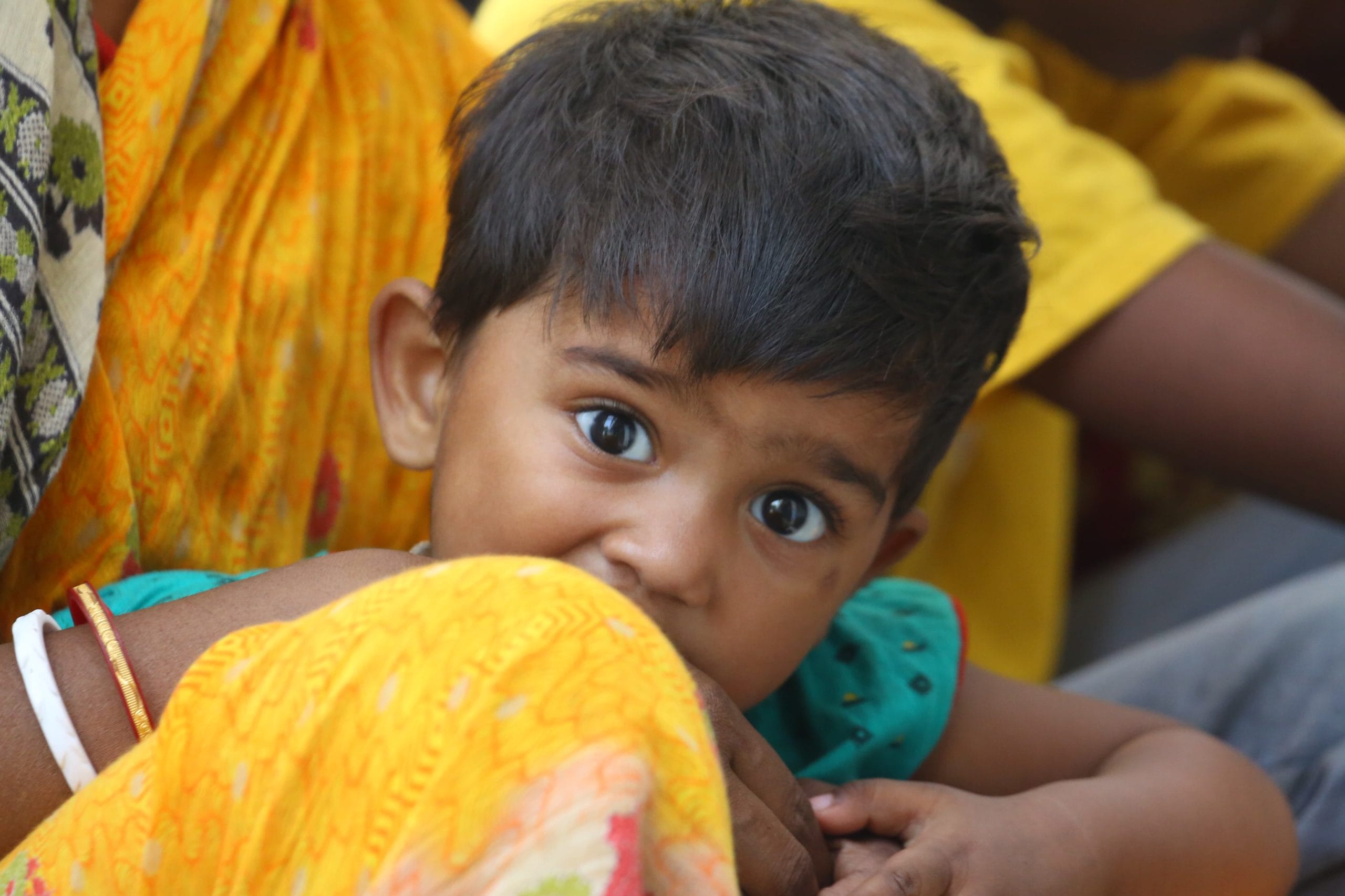

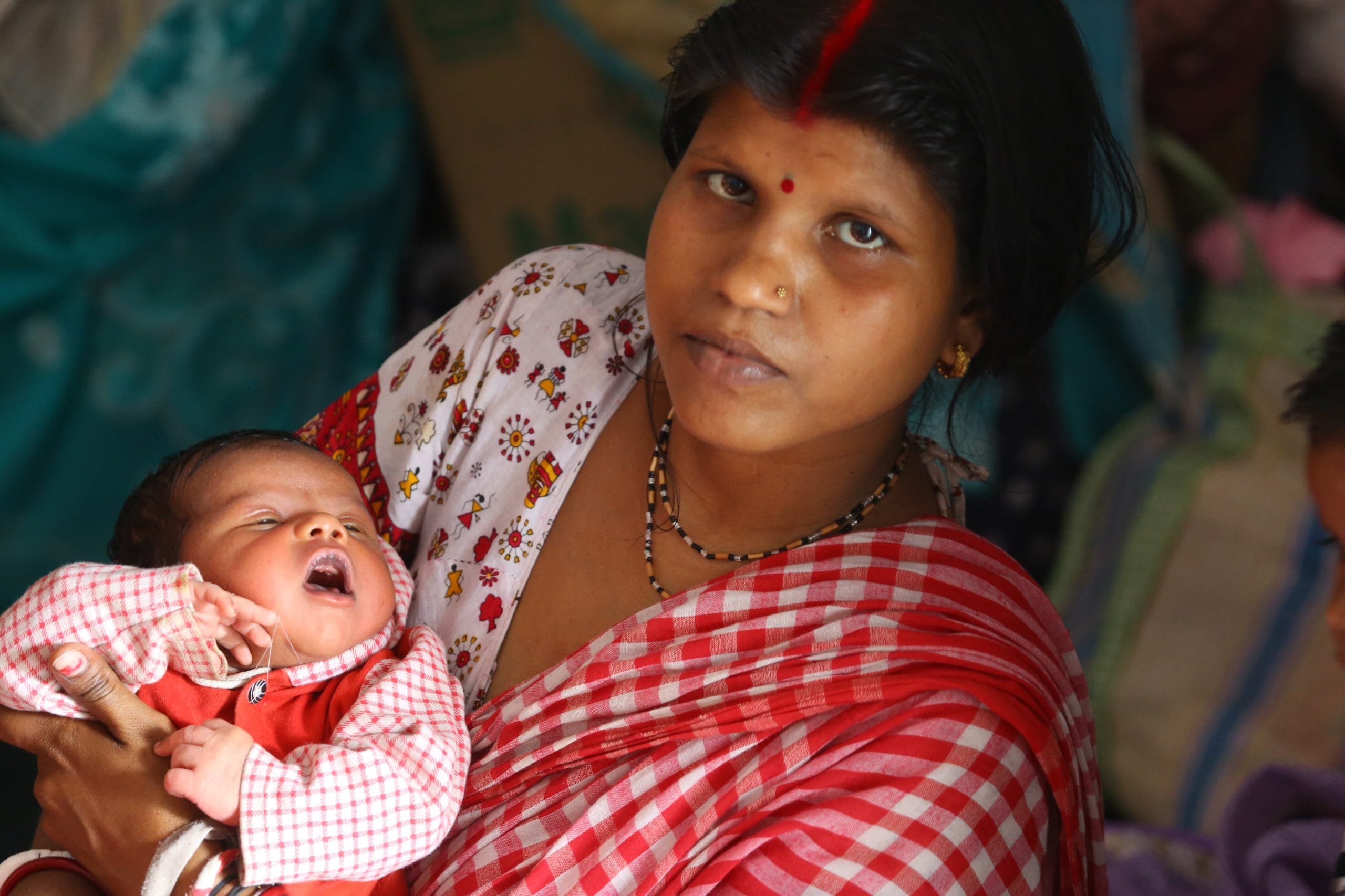
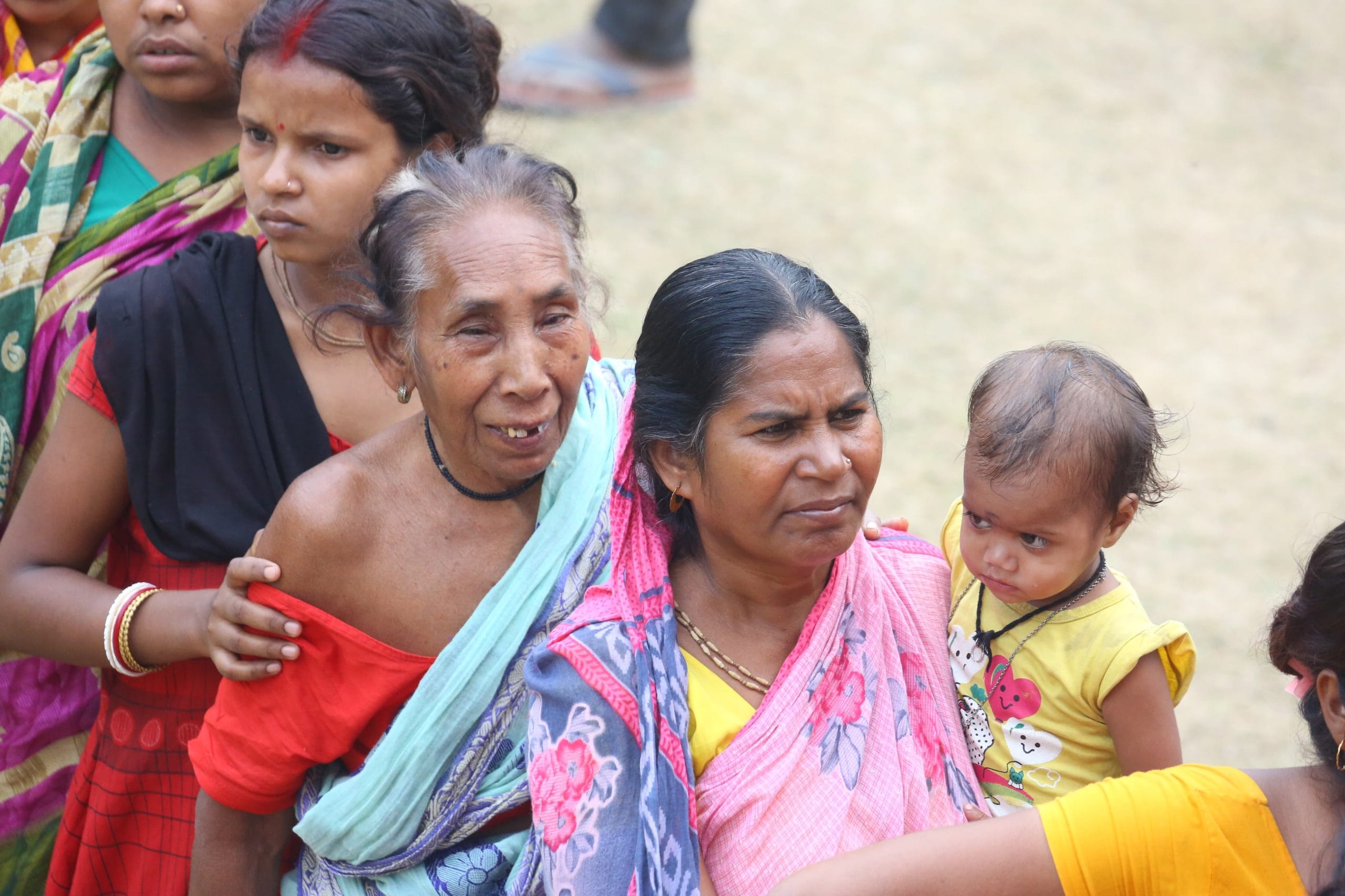
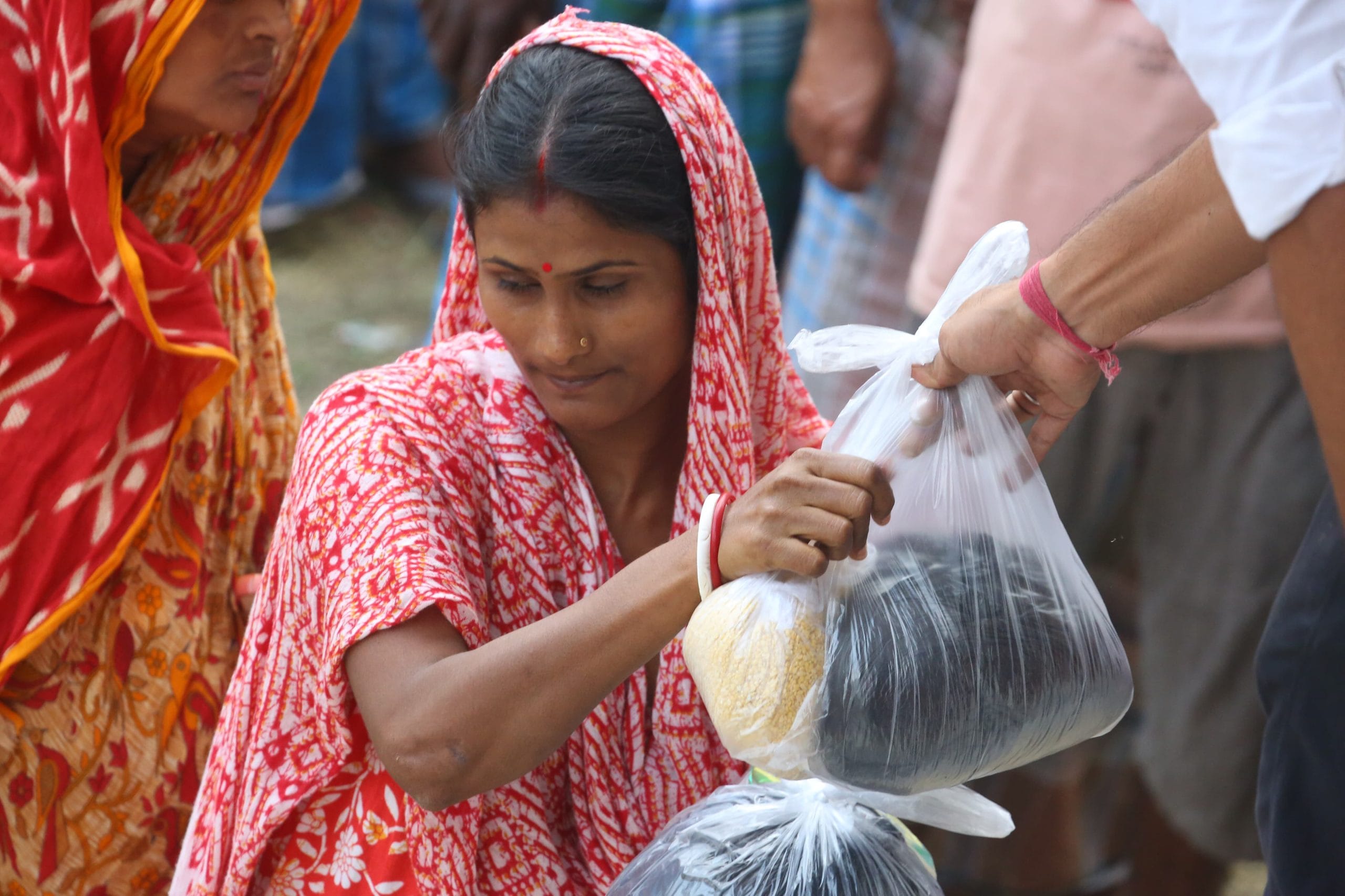
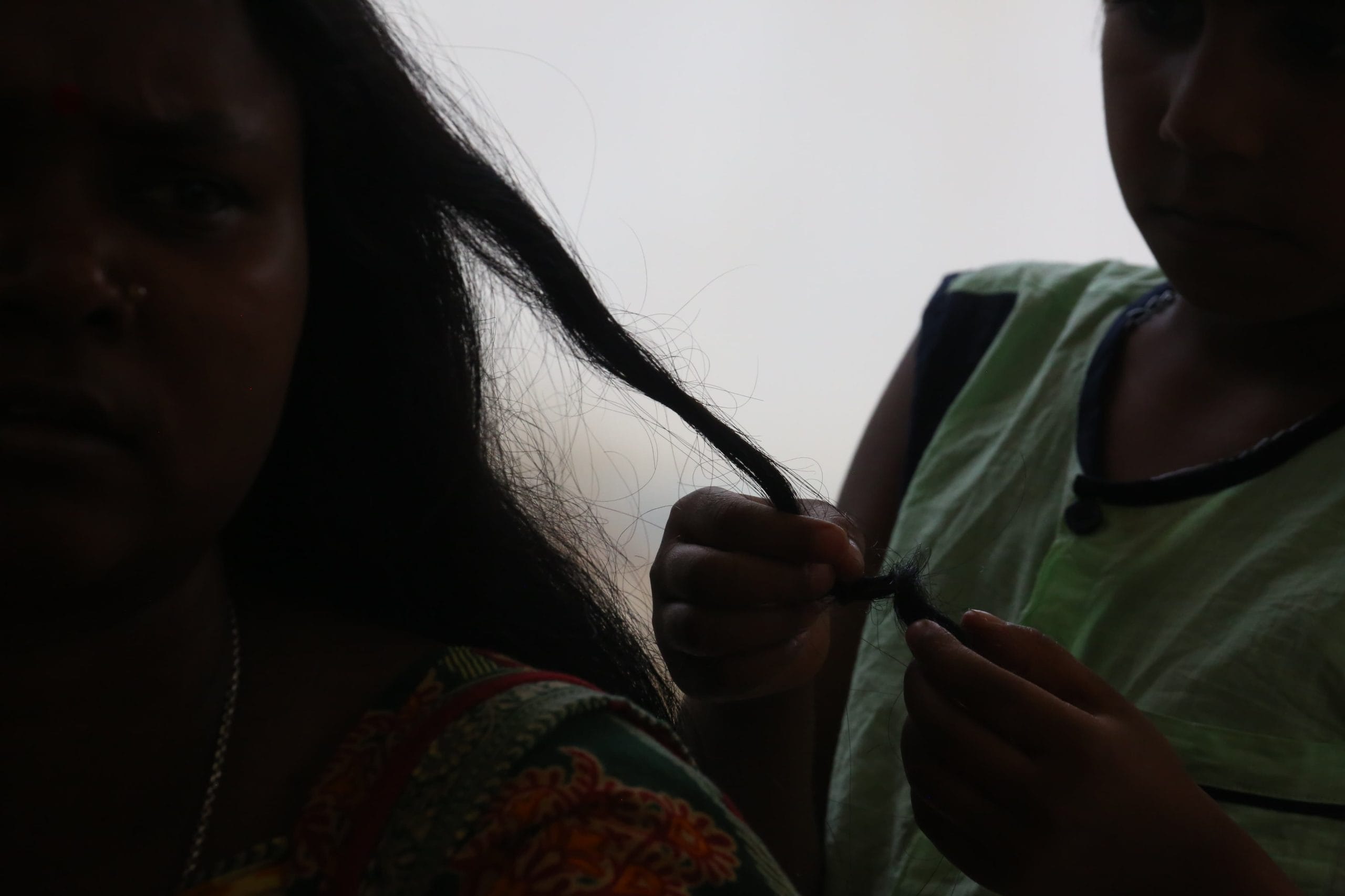
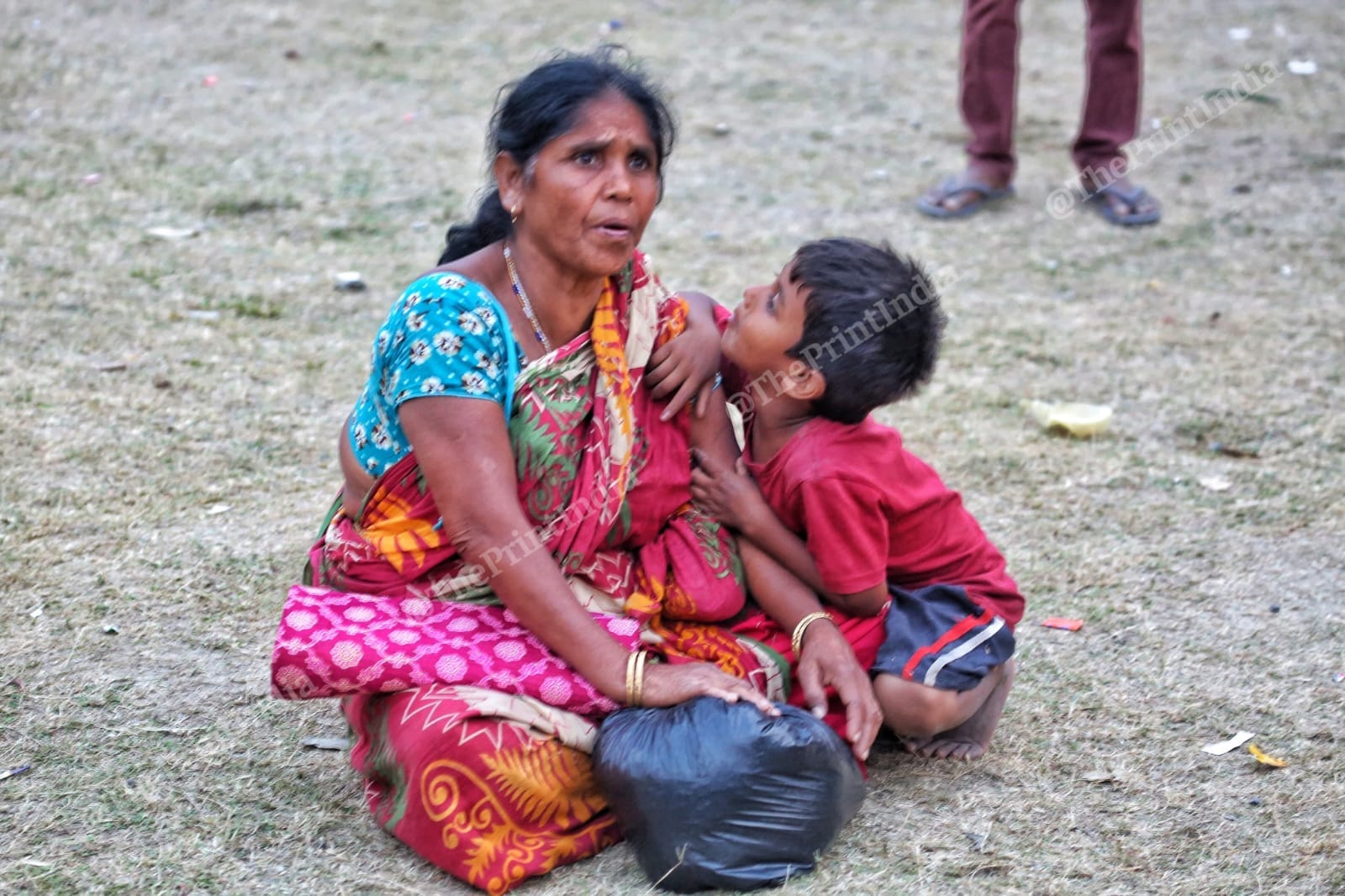
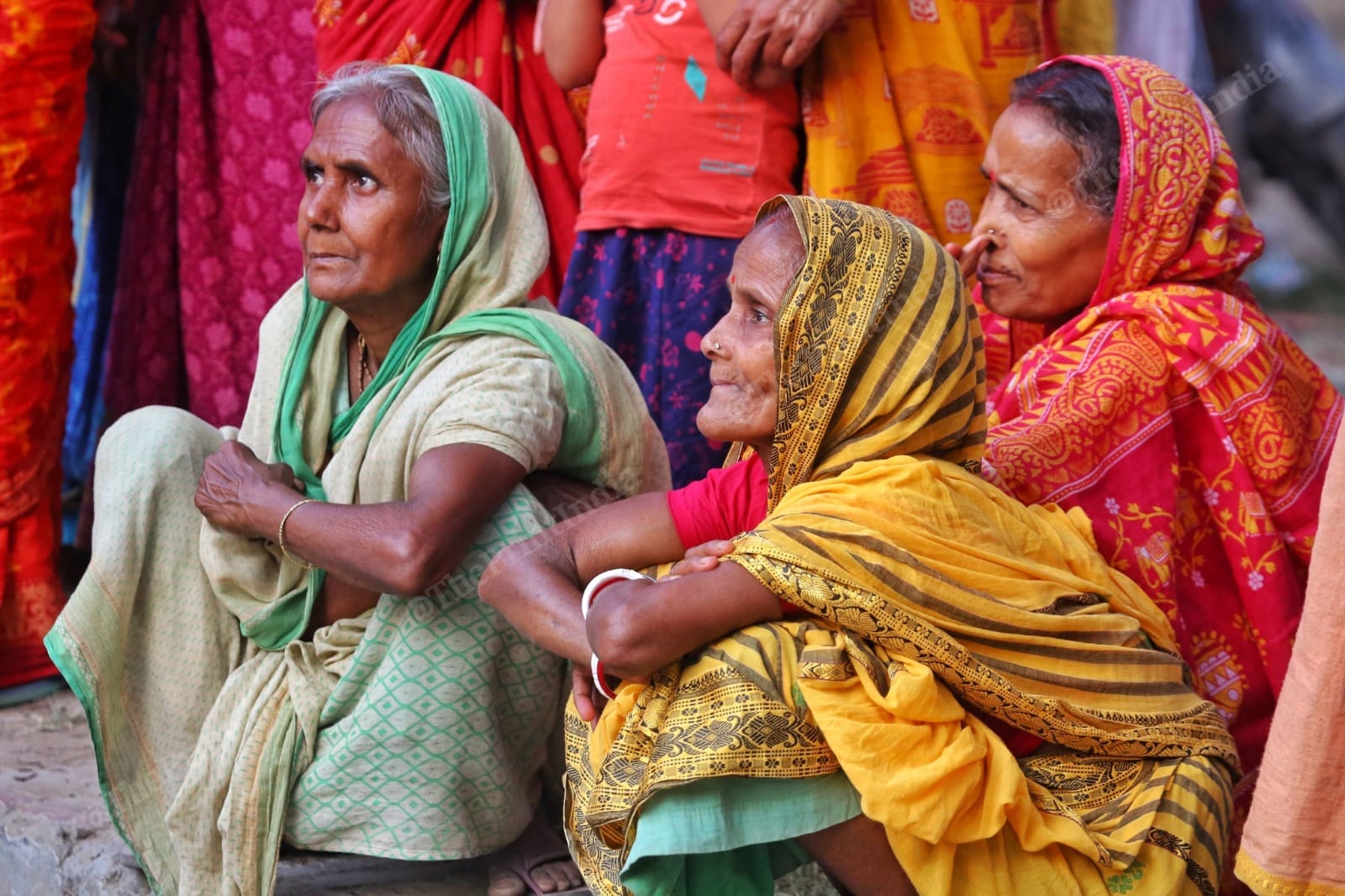
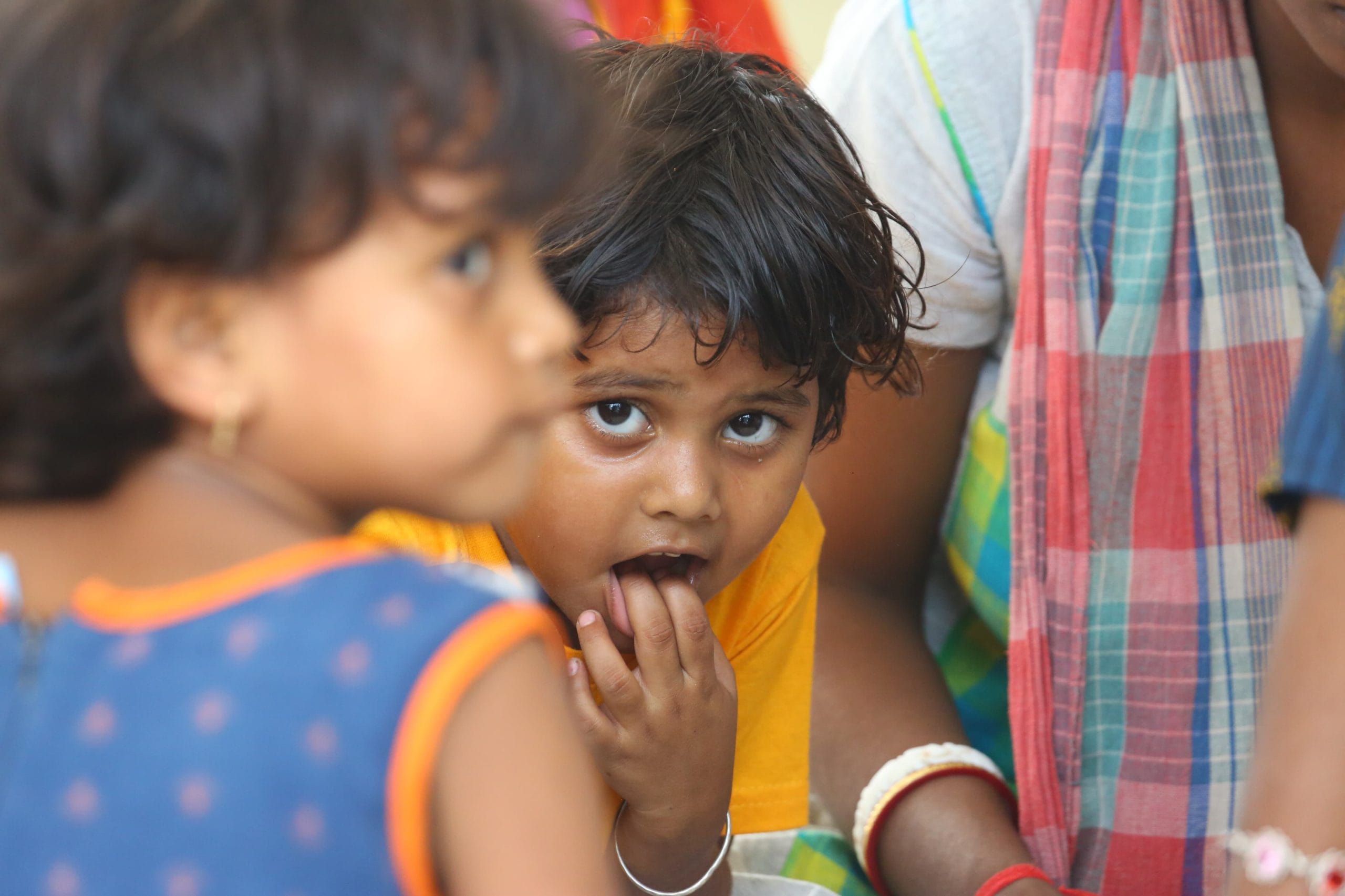
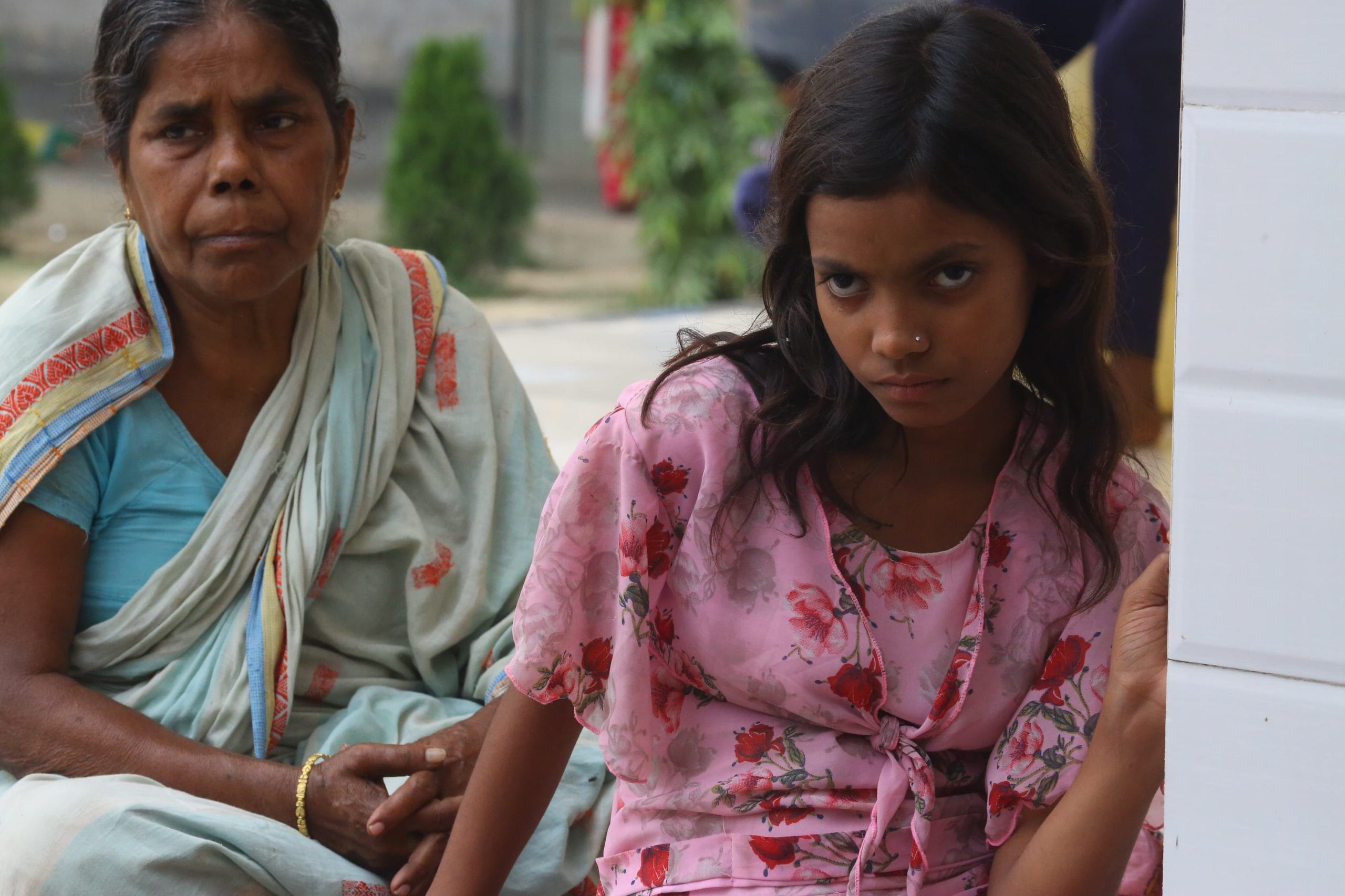
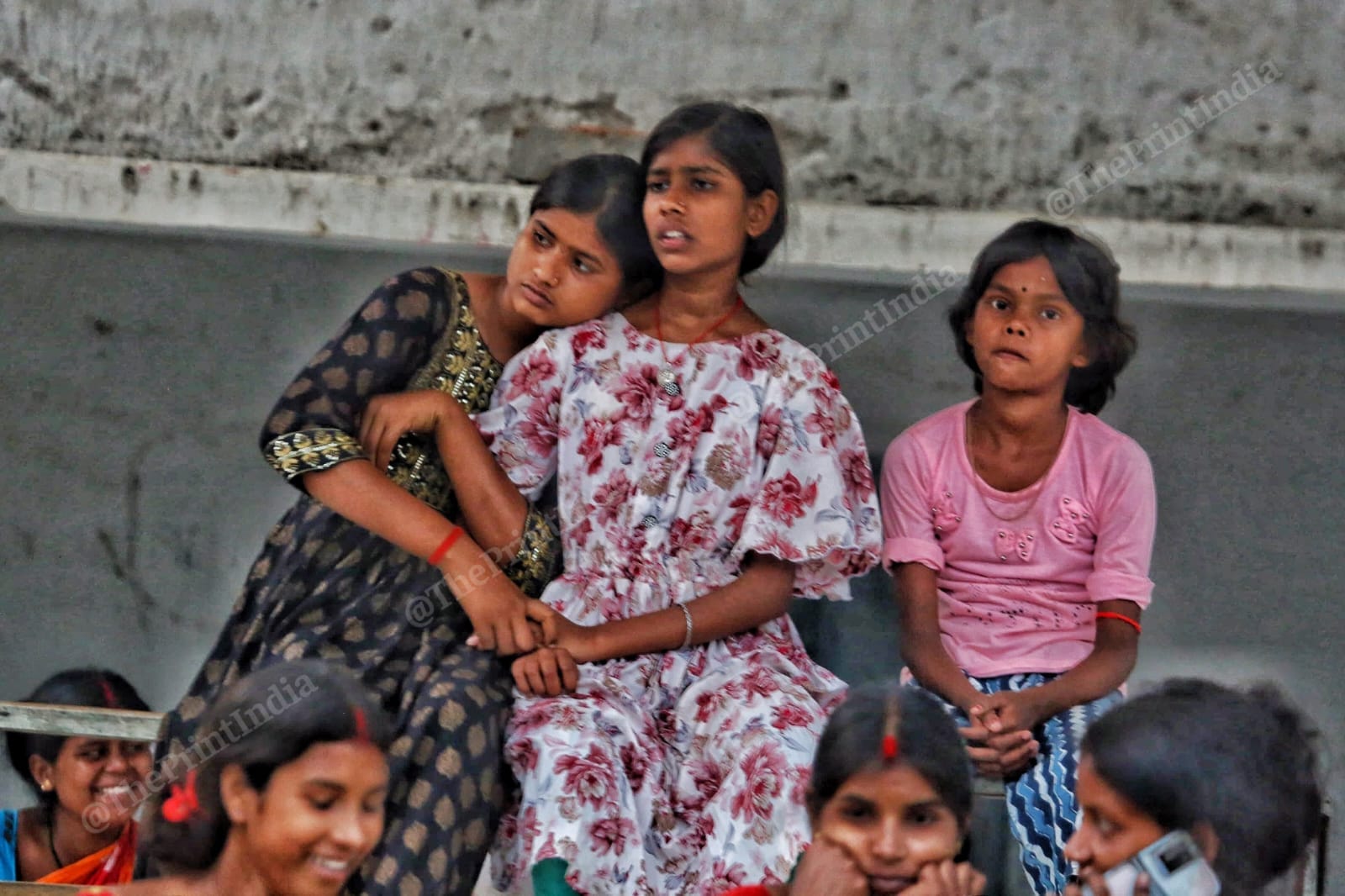
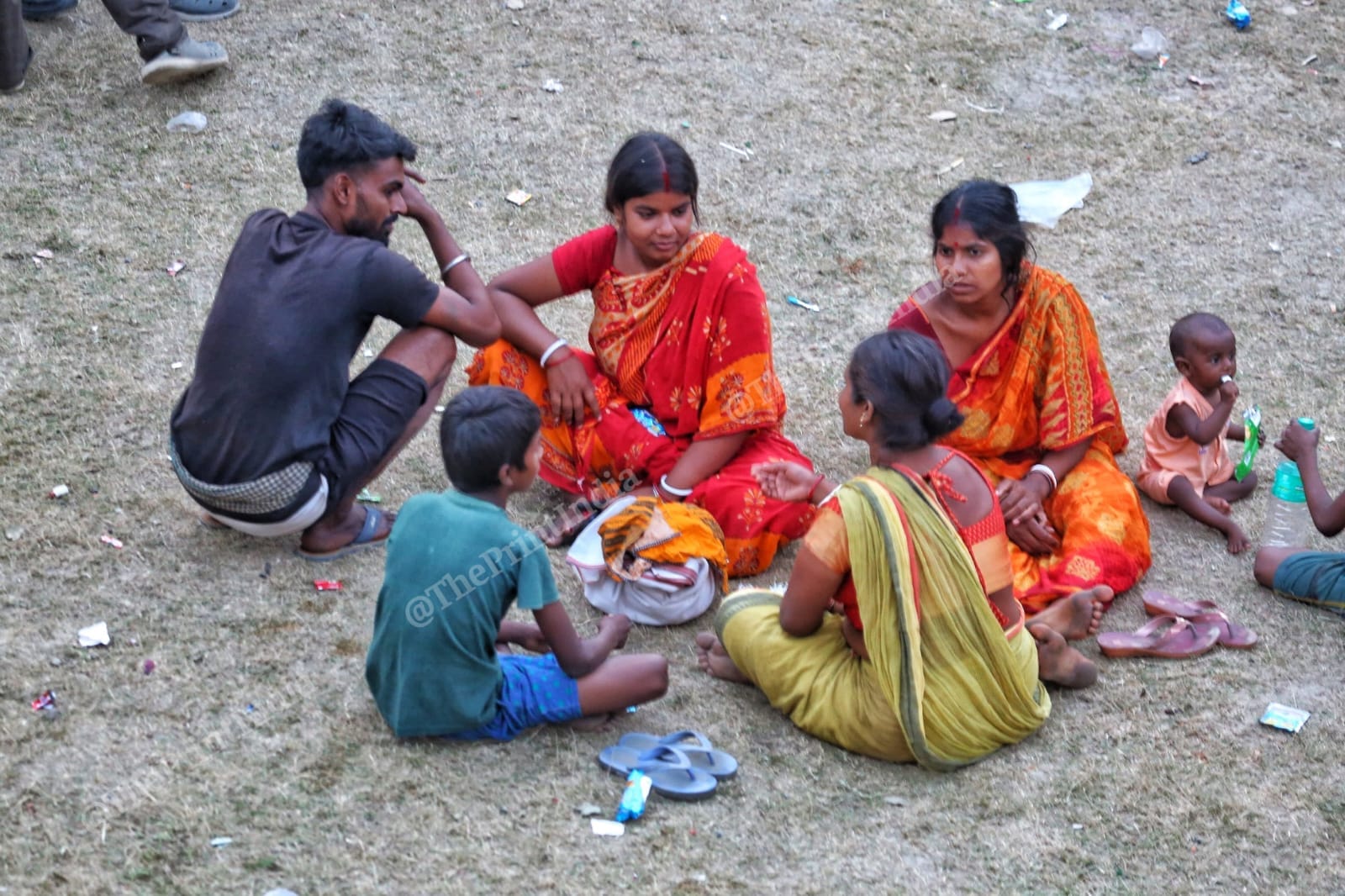
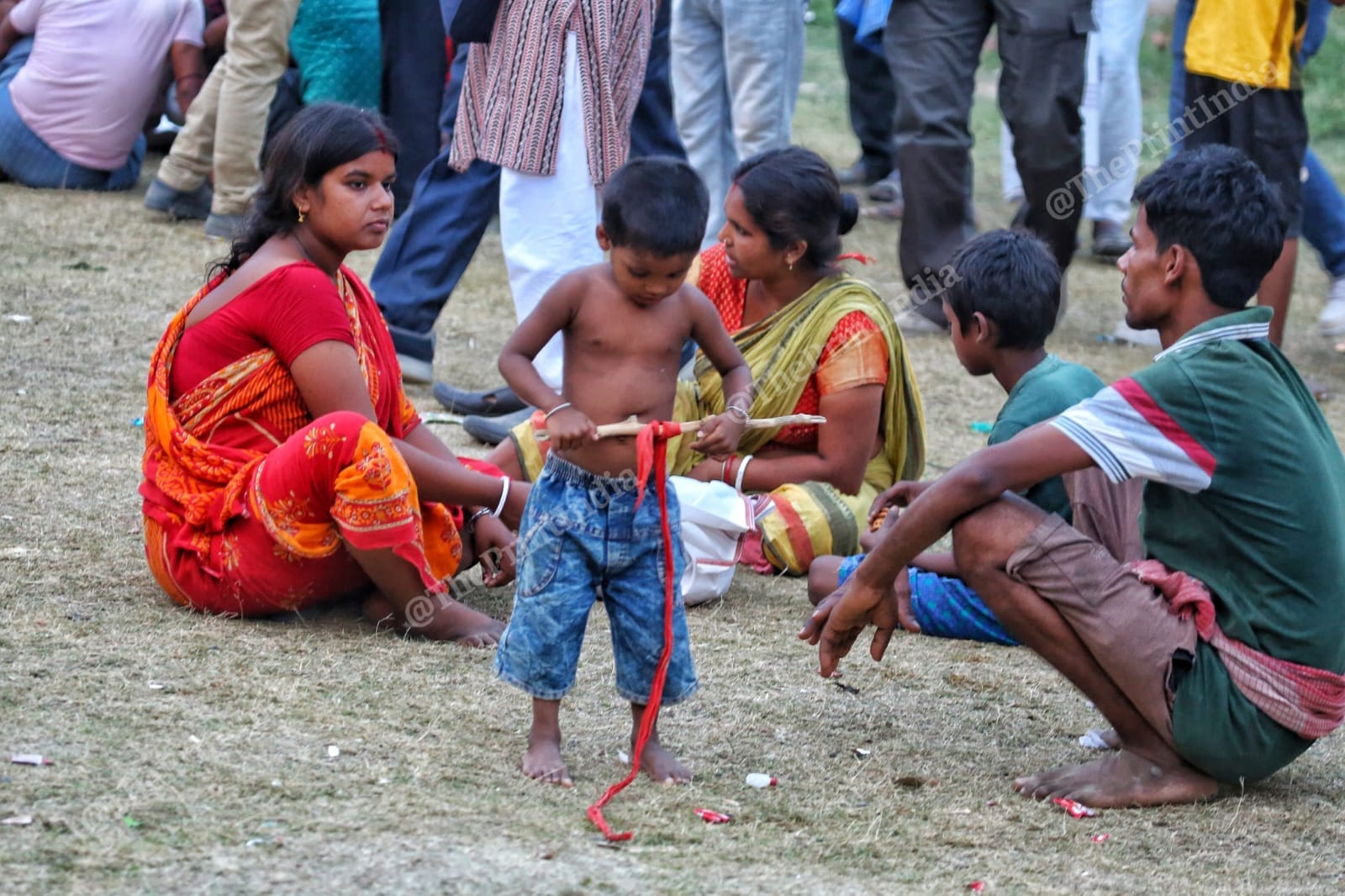
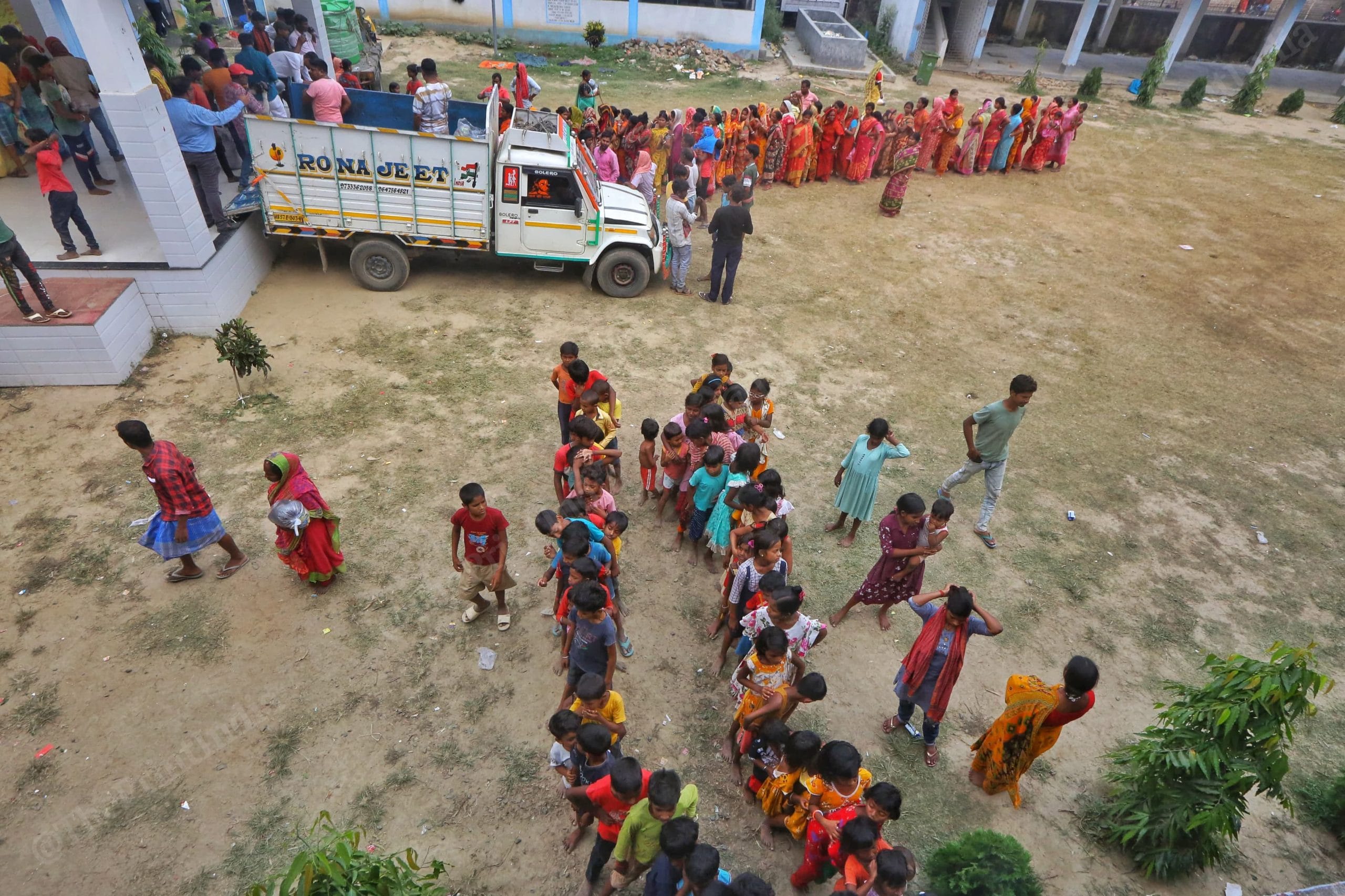


COMMENTS